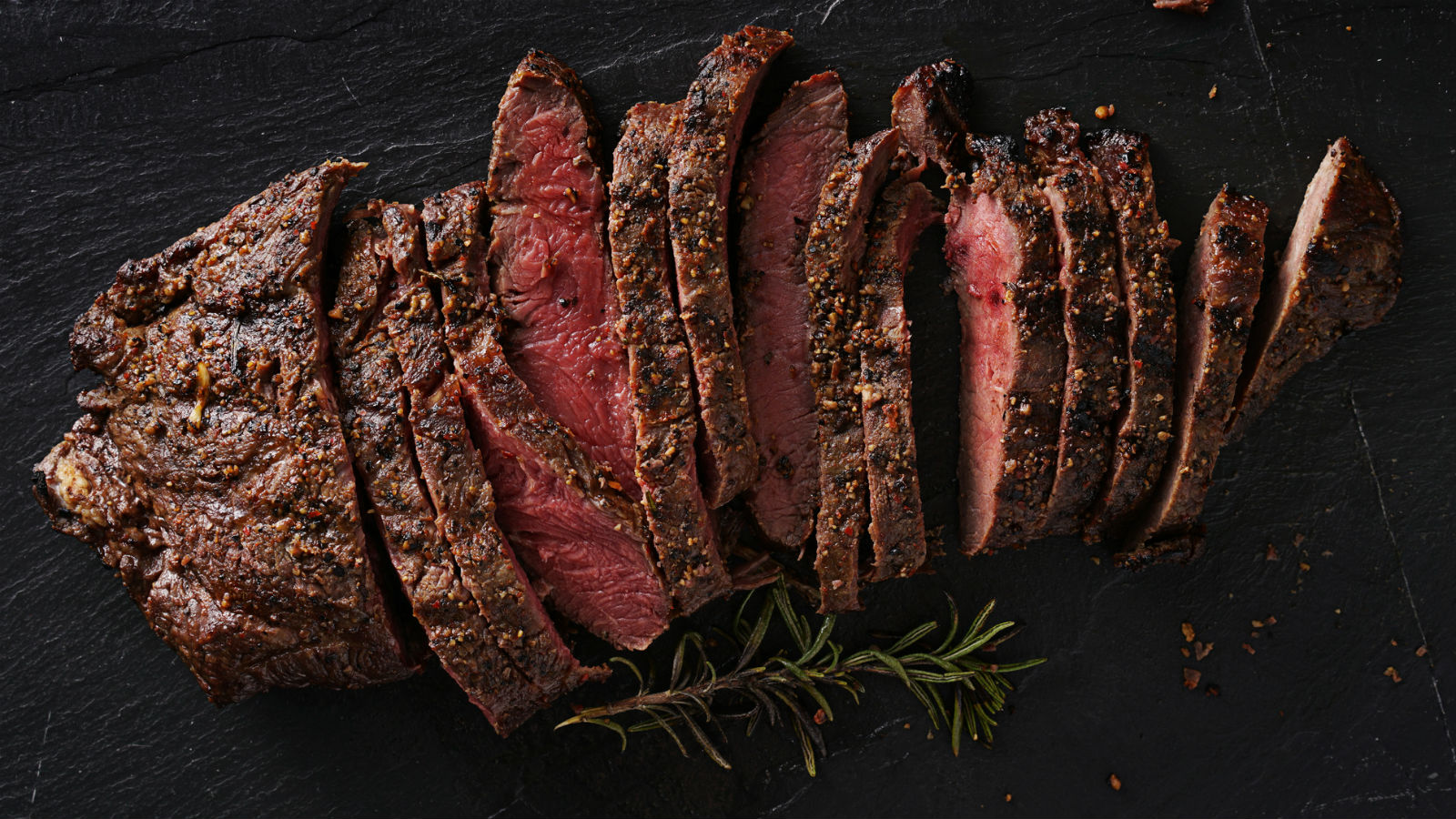Commentary on Parashat Shmini, Leviticus 9:1-11:47
Without attempting to justify the elaborate Jewish dietary laws, the provides a lengthy list of which foods are and which are not. Animals with cloven hooves and that chew their cuds are kosher. Fish with fins and scales are kosher. Birds that eat grain and vegetables, and that can fly, are kosher. Insects, shellfish and reptiles are not.
Since the earliest stages of our history, Jews have understood the patterns of (the dietary laws) to be at the very center of our heritage. Jews have sacrificed their lives rather than desecrate themselves with ‘treif‘ (non-kosher) food. From the biblical and into the rabbinical period, new guidelines and restrictions developed as Jews encountered different cuisines and aesthetic standards, yet the core of kashrut has remained unchanged over the millennia. Some of our most stirring stories of Jewish martyrdom — of Jews who preferred to lay down their lives rather than abandon their Judaism — center around the laws of kashrut.
Thus, as early as the time of the Maccabees (167 B.C.E.), we have stories of Jews forced to eat pork by the Syrian oppressors. In those stirring tales, the Jews chose to die with their integrity intact, to expire still obedient to the dictates of God and Torah. They could not conceive of a Judaism without kashrut, so central were the dietary laws to the entire rhythm of Jewish living.
No Justification
Yet, the Torah gives no justification for kashrut. Consequently, Jews throughout history have struggled to understand the reasons underlying kosher eating. One explanation, popularized by the Rambam (12th-century Spain and Egypt), is found in Sefer Ha-Hinnukh (The Book of Education). For this school of thought, God is a cosmic doctor, providing a prescription to ensure the health of the Jewish People. “God knows that in all foods prohibited to the chosen people, elements injurious to the body are found. For this reason, God removed us from them so that the souls can do their function.”

Help us keep Jewish knowledge accessible to millions of people around the world.
Your donation to My Jewish Learning fuels endless journeys of Jewish discovery. With your help, My Jewish Learning can continue to provide nonstop opportunities for learning, connection and growth.
This view understands kashrut as a medical plan to ensure the health of individual Jews. God prohibited foods that were harmful, thus ensuring that Jews would be vigorous and fit. God, they tell us, was the first health-food freak, and kashrut was the macrobiotics of its time.
The problem with such a viewpoint (that pigs cause trichinosis and were prohibited for that reason, for example) is that it implies that God doesn’t care about the health of the rest of humanity. After all, kashrut applies only to the Jews. If God is the creator of all humankind, then isn’t it logical to expect God to care about everyone’s health?
Another understanding of kashrut, advanced by persons interested in abandoning the dietary laws, is that kashrut was an early compensation for unsanitary conditions. If the Jews of the Torah had invented refrigerators, they wouldn’t have required kashrut. Now, with modern technology, we don’t need these outmoded precautions.
My grandmother was one of the most devoted exponents of that opinion. Now that we have homogenized milk and airtight containers, we don’t need kashrut. Such a viewpoint has no basis in either science or religion. No sacred text links the practice of the dietary laws to a fear of epidemic, or to a need to avoid rotting meat. That viewpoint also ignores the fact that most of the world’s religions observe some form of dietary laws (Islam, Buddhism, and Hinduism, among them).
Why Is It Significant?
Why, then, is kashrut significant? If not health or physical well-being, what is the goal of the dietary laws? The answer is found in the Torah itself. “You shall sanctify yourselves and be holy, for I [the Lord] am holy.”
Kashrut is a way of welcoming the holiness of Judaism into our daily lives. At each meal, we rededicate ourselves to the high standards of Jewish living and behavior. The network of Jewish values — loving our neighbor, caring for the widow and orphan, affirming a connection to the Jewish people, and establishing God’s rule on earth — gain strength and depth through the regular practice of kashrut.
Every form of effective pedagogy involves regular repetition and frequent exposure. Since we eat three times each day (at a minimum!), kashrut is the basic school to recall and reinforce a sense of living in brit (covenant) with God, to making the values of Judaism visible through our deeds and priorities. Affirming our Jewish commitments by adhering to kashrut cultivates a greater awareness and an unwavering commitment to the eternal values of Torah — justice and holiness.
Provided by the Ziegler School of Rabbinic Studies, which ordains Conservative rabbis at the American Jewish University.



